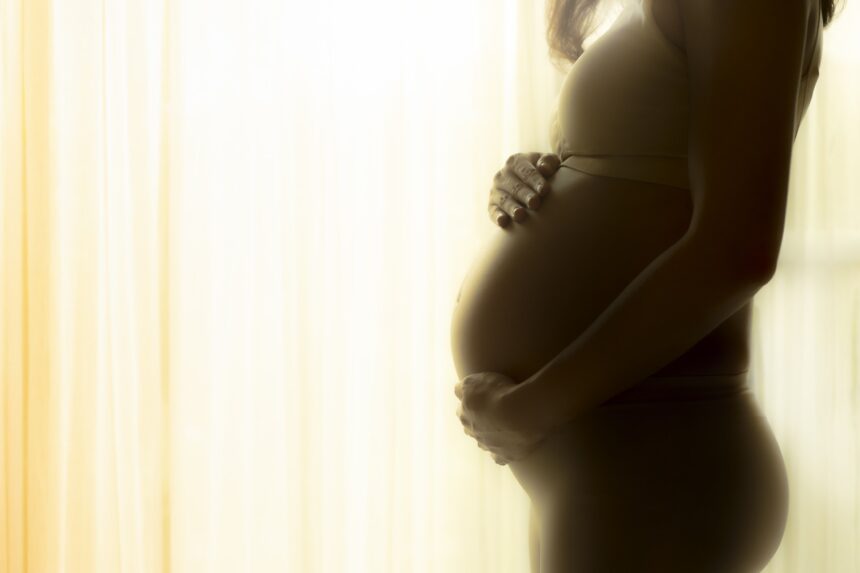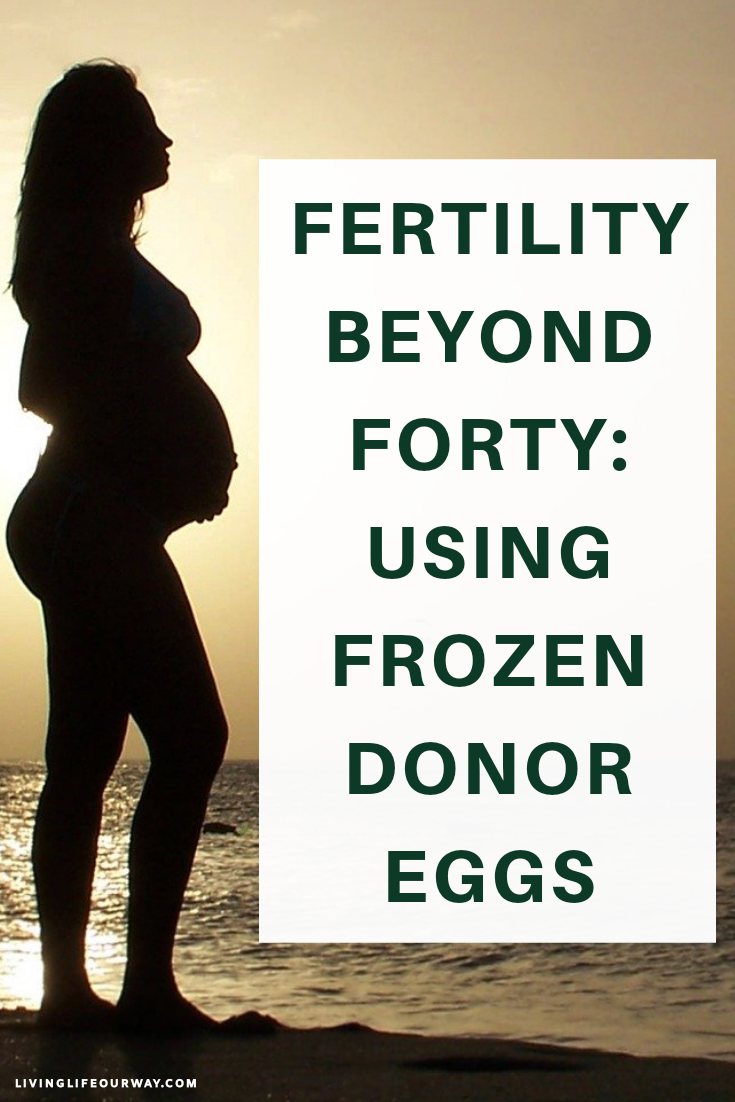Welcome to the world of fertility beyond 40.
If you’re trying to conceive at or after the age of 40, the likelihood you’ve had to overcome challenges at this point is quite high. Maybe you’ve struggled with the emotional burden of miscarriage or loss. Maybe you didn’t get married until later in life or up until this point you’ve just been focused on your career. Maybe you’ve been undergoing fertility treatment for a while and are still clinging to the hope of having a baby using your own eggs. Many factors can contribute to women wishing to conceive after 40 and, thankfully, there are effective options available for you to have a safe, healthy pregnancy and baby.
Key considerations
It’s important to consider the treatment landscape of conceiving at, or beyond, the age of 40. While there’s a consecutive, upward trend in the age of mothers in the UK, that doesn’t mean that it’s medically recommended or easy to conceive later in life. If you’re past the age of 35 and want to conceive, speak with your gynaecologist or OBGYN to review the risks and develop a healthy plan for you and your family.
What are my options?
After having a preconception appointment with your doctor, you’ll find that you likely have a variety of options.
These options may include:
• Trying to conceive naturally
• Undergoing fertility treatment to help boost and regulate ovulation
• Using in vitro fertilisation (IVF) with preimplantation genetic screening (PGS)
• Utilising donor eggs
• Adopting
If you select a route that involves fertility treatment of some kind, you’ll be referred to a specialist known as a reproductive endocrinologist.

What are frozen donor eggs?
In order to conceive, you need an egg and sperm. Women typically produce one mature egg with each ovulation cycle. If conception doesn’t happen in a cycle, that’s when you get your period and your cycle begins again. Healthy women of prime reproductive age can donate their eggs. These women undergo thorough evaluations and testing to ensure their eggs are as healthy as possible. A physician who specialises in fertility oversees the treatment cycle in which the donor’s ovaries are stimulated, and then her eggs are retrieved, frozen and stored. Companies such as Donor Egg Bank USA safely and securely store frozen donor eggs of women from around the world. They maintain a database with information about each donor so you can select someone who best meets your desires for your future child(ren).
Why use frozen donor eggs?
There are many reasons you may choose to use frozen donor eggs.
Key reasons may include but aren’t limited to:
• Advanced maternal age: This can lead to higher risk for genetic abnormalities, increased risk of miscarriage, irregular ovulation or anovulation
• Menopause or premature ovarian failure
• Hereditary genetic conditions
• Recurrent pregnancy loss
Same-sex couples or LGBTQIA+ individuals may also use donor eggs to conceive.
What does it mean for me?
The exciting part about using donor eggs is that you can still experience pregnancy. An embryo is created using your donor egg and either your partner’s sperm or donor’s sperm. Once a healthy embryo has grown for a few days in a highly specialised laboratory and your uterus is ready for implantation (your fertility specialist will help you with this), your embryo transfer will take place. The embryo is placed inside your uterus with the goal of leading to a healthy pregnancy. You’ll test for pregnancy 1-2 weeks later and the rest of your pregnancy will be monitored by your OBGYN.
This can be an exciting journey for some, stressful for others, and – unfortunately – sometimes devastating, as well. It’s important to seek the assistance of a trusted friend, family member, gynaecologist or counsellor for support as you navigate this journey.
*This is a collaborative post

